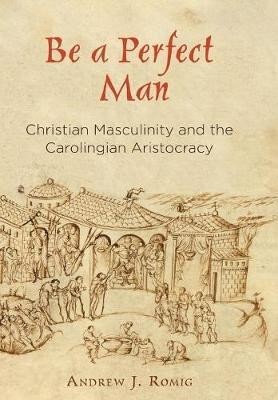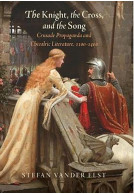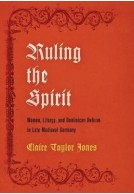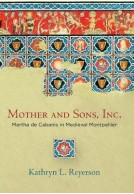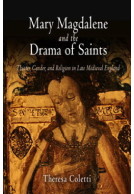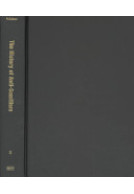Be a Perfect Man: Christian Masculinity and the Carolingian Aristocracy (Hardback)
Imprint: Pennsylvania University Press
Series: The Middle Ages Series
Pages: 312
ISBN: 9780812249248
Published: 12th September 2017
Script Academic & Professional
Series: The Middle Ages Series
Pages: 312
ISBN: 9780812249248
Published: 12th September 2017
Script Academic & Professional
You'll be £9.25 closer to your next £10.00 credit when you purchase Be a Perfect Man: Christian Masculinity and the Carolingian Aristocracy. What's this?
+£4.99 UK Delivery or free UK delivery if order is over £40
(click here for international delivery rates)
Need a currency converter? Check XE.com for live rates
(click here for international delivery rates)
Need a currency converter? Check XE.com for live rates
The life of an aristocratic Carolingian man involved an array of behaviors and duties associated with his gender and rank: an education in arms and letters; training in horsemanship, soldiery, and hunting; betrothal, marriage, and the virile production of heirs; and the masterful command of a prominent household. In Be a Perfect Man, Andrew J. Romig argues that Carolingian masculinity was constituted just as centrally by the performance of caritas, defined by the early medieval scholar Alcuin of York as a complete and all-inclusive love for God and for fellow human beings, flowing from the whole heart, mind, and soul. The authority of the Carolingian man depended not only on his skills in warfare and landholding but also on his performances of empathy, devotion, and asceticism.
Romig maps caritas as a concept rooted in a vast body of inherited Judeo-Christian and pagan philosophies, shifting in meaning and association from the patristic era to the central Middle Ages. Carolingian discussions and representations of caritas served as a discourse of power, a means by which early medieval writers made claims, both explicit and implicit, about the hierarchies of power that they believed ought to exist within their world. During the late eighth, ninth, and early tenth centuries, they creatively invoked caritas to link aristocratic men with divine authority. Romig gathers conduct handbooks, theological tracts, poetry, classical philosophy, church legislation, and exegetical texts to outline an associative process of gender ideology in the Carolingian Middle Ages, one that framed masculinity, asceticism, and authority as intimately interdependent. The association of power and empathy remains with us to this day, Romig argues, as a justification for existing hierarchies of authority, privilege, and prestige.
Other titles in the series...
Other titles in Pennsylvania University Press...







